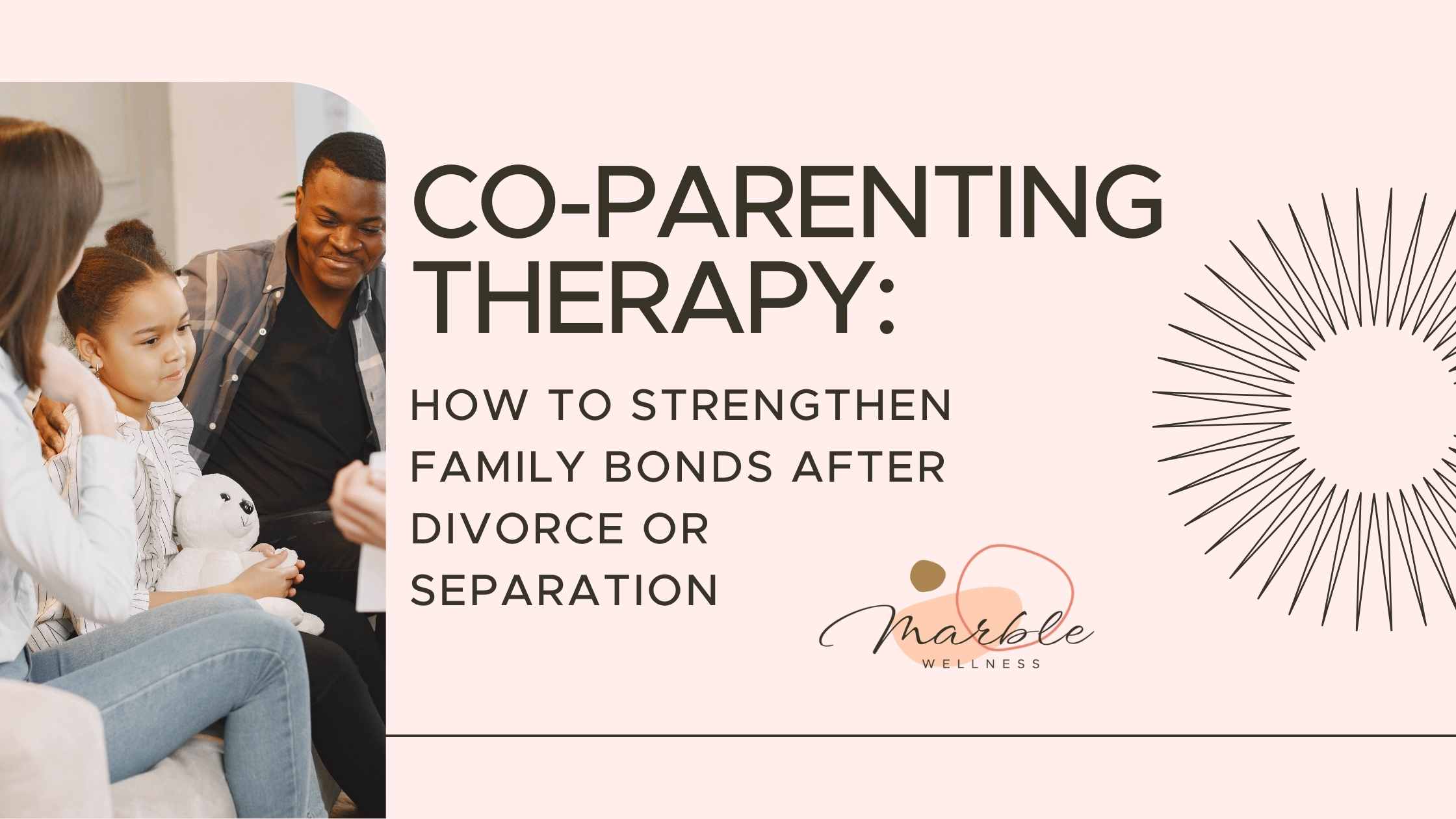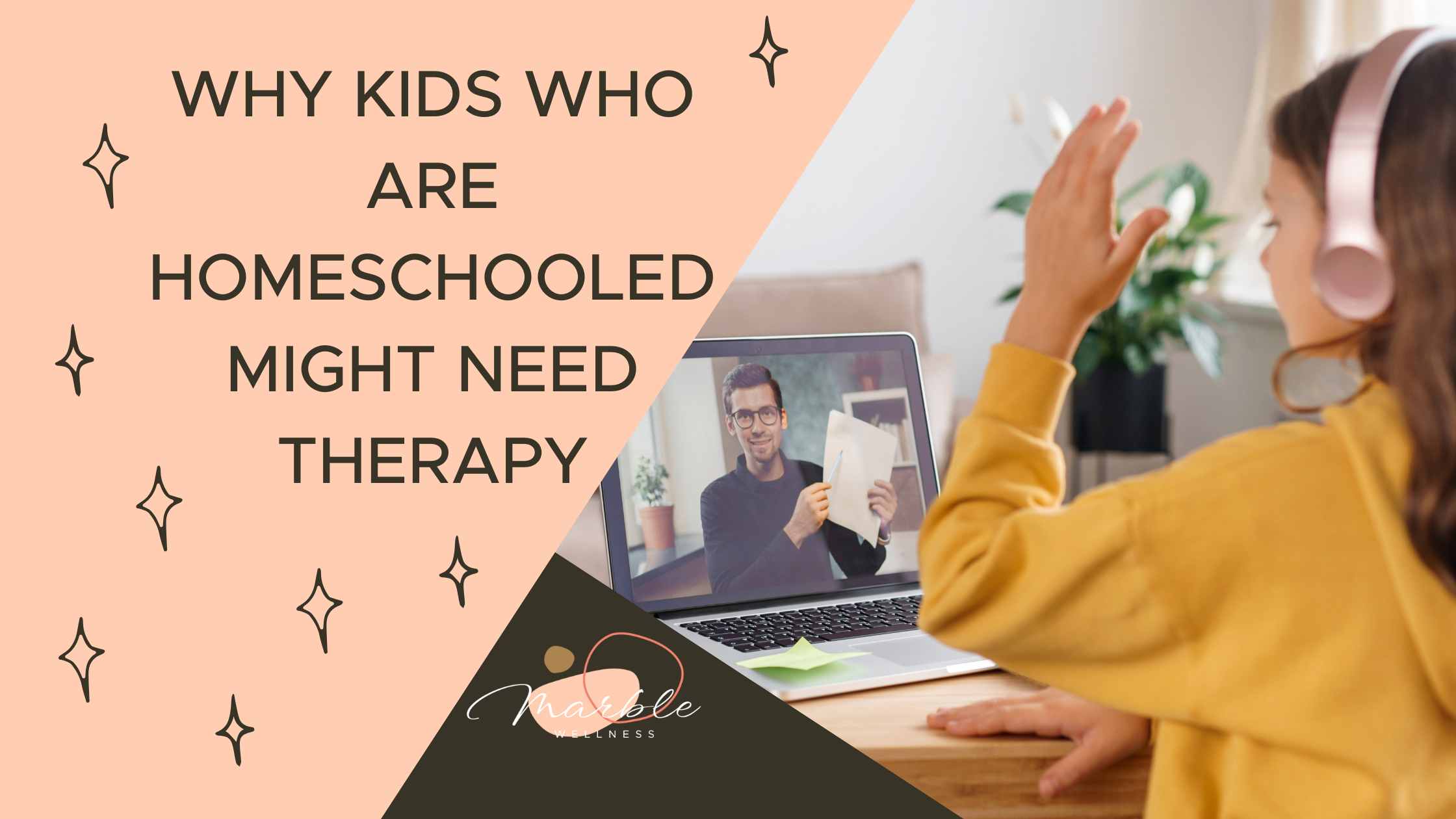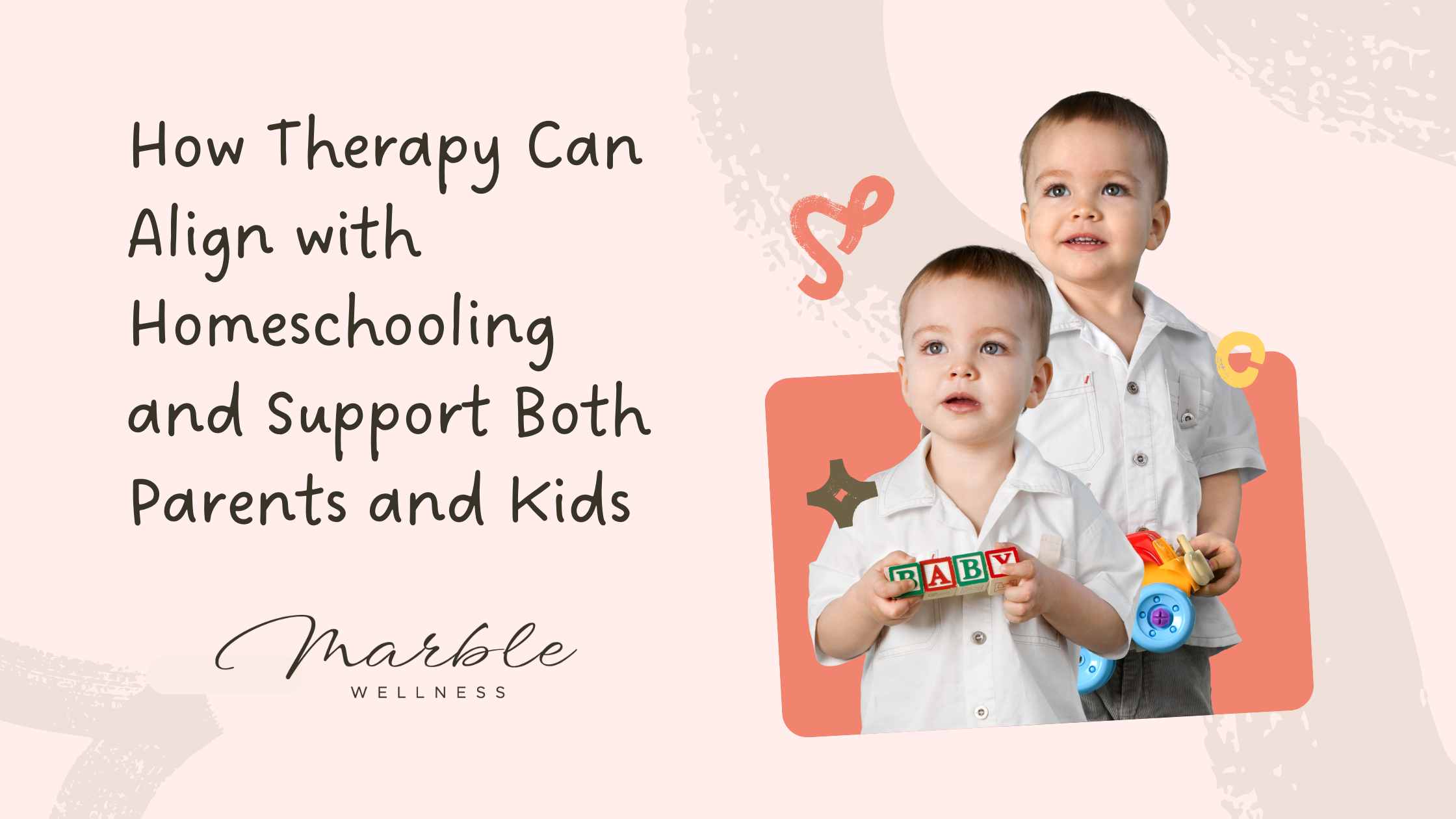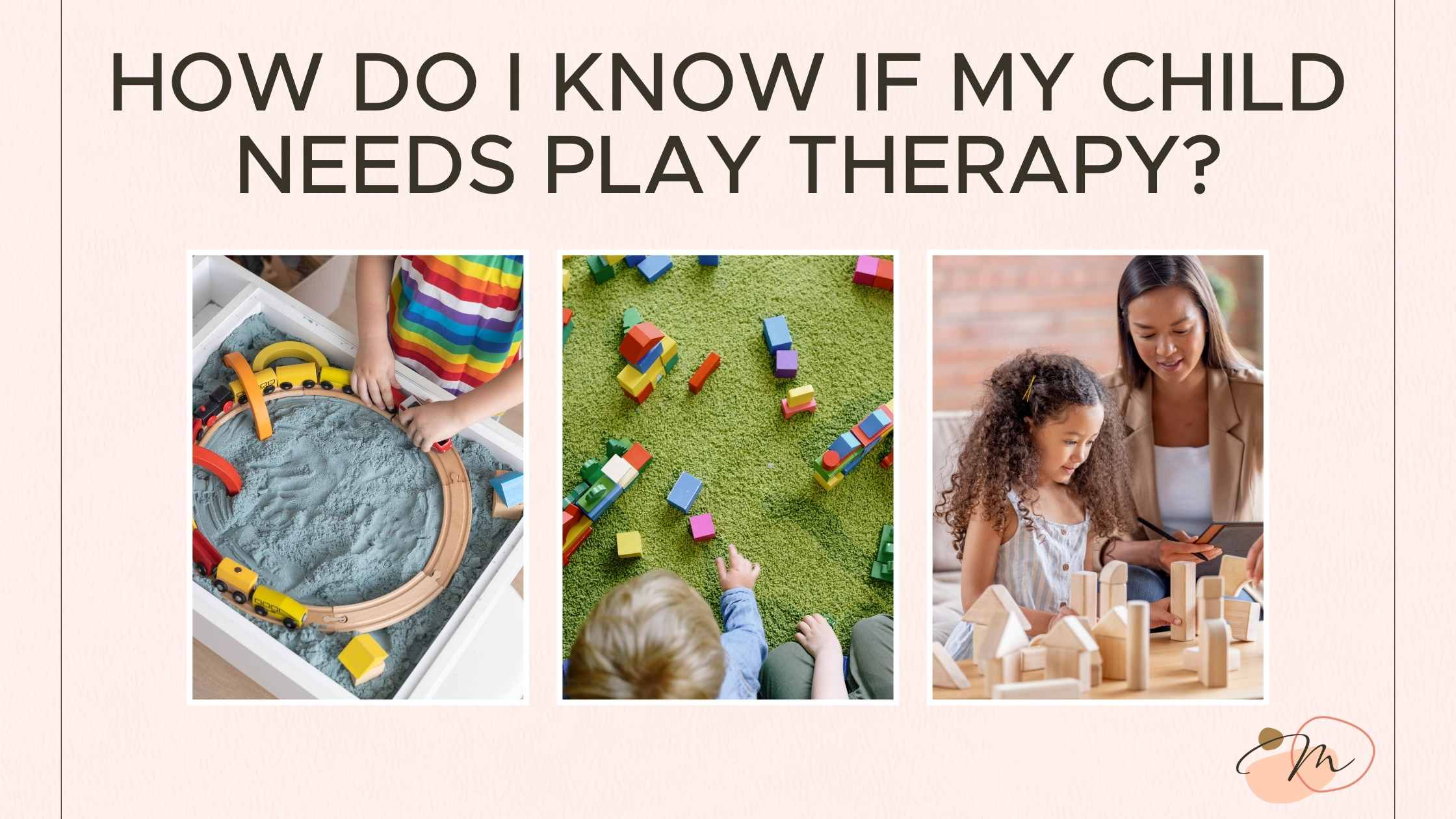Parenting is one of life’s most rewarding and challenging roles. When two individuals share the responsibility of raising a child, the dynamics of their relationship, whether they are together or separated, impact the emotional well-being of their children. Co-parenting therapy provides essential tools to navigate parenting together, fostering stability and collaboration no matter the relationship status of the parents.
What is Co-Parenting Therapy?
Co-parenting therapy is a specialized form of counseling designed to help parents work together in raising their children. It focuses on improving communication, resolving conflicts, and creating a healthy environment that focuses on the child’s needs. Whether parents remain in a committed relationship or have parted ways, co-parenting therapy provides strategies to build cooperation and minimize emotional stress.
Co-Parenting Therapy for Couples Who Are Together
When couples raise children while maintaining their romantic relationship, co-parenting therapy serves as a tool for strengthening both their partnership and parenting dynamics. Even in stable relationships, differences in parenting styles, past familial norms/patterns, and stress can lead to conflict.
One common challenge for couples is mismatched parenting approaches. One parent may favor structure and discipline, while the other may lean toward flexibility and emotional responsiveness. These differences can lead to tension, confusion for the child, and frustration in the relationship. Co-parenting therapy helps couples recognize each other’s strengths, align parenting strategies, and create a unified approach that serves the child’s development.
When couples come together, they bring all their past experiences, norms/patterns from their own families, and therefore different beliefs about raising children. It is important to get curious about a partner’s experience and beliefs so there can be a conversation about how to intertwine the two. Understanding a partner’s experiences and beliefs allows for understanding and the best way to approach conversations to be on the same page.
Stress also plays a significant role in parenting challenges. Busy schedules, career demands, financial concerns, and household responsibilities can leave parents feeling overwhelmed. Therapy provides coping mechanisms to balance personal needs with parenting obligations, ensuring both parents maintain emotional well-being and a sense of partnership.
Communication is another cornerstone of successful parenting within a relationship. Co-parenting therapy creates space for deeper conversations about expectations, boundaries, and shared responsibilities. When couples establish healthy communication patterns, they can navigate parenting without letting external stressors impact their relationship.
For couples who are together, co-parenting therapy is not about fixing broken relationships; it’s about reinforcing a strong foundation so parenting feels collaborative rather than exhausting.
Co-Parenting Therapy for Separated or Divorced Couples
When parents separate or divorce, co-parenting can become even more complex. Despite personal differences, both individuals remain vital to their child’s life. Therapy provides a structured approach to creating stability, minimizing conflict, and maintaining the child’s sense of security.
One of the biggest challenges for separated couples is emotional tension. Breakups often carry lingering resentment, hurt feelings, or struggles with adjusting to new roles. When these emotions are allowed into co-parenting interactions, they can disrupt the child’s well-being. Co-parenting therapy helps parents process their emotions separately while committing to a child-centered approach.
Consistency is crucial in co-parenting after separation. Different households may have different routines, expectations, or parenting styles. Therapy offers guidance on creating agreements that ensure stability for the child. That can include consistent bedtimes, school routines, or behavioral expectations. Children thrive in predictable environments, and therapy helps parents work toward cohesion even in separate households.
Boundaries and communication also play a key role in successful co-parenting. Setting clear expectations regarding scheduling, decision-making, and parental roles prevents misunderstandings. Therapy helps parents establish respectful communication, reducing the likelihood of conflicts that might place children in the middle of parental disagreements.
Another element of therapy for separated co-parents is conflict resolution. Disagreements are inevitable, but therapy equips parents with strategies to handle disputes in a productive way that doesn’t escalate into hostility. Learning to approach discussions with mutual respect ensures that decisions about the child’s welfare remain thoughtful and intentional.
For couples who have split up, co-parenting therapy is not about forcing reconciliation; it’s about ensuring the child feels loved, secure, and supported by both parents despite their separation.
The Benefits of Co-Parenting Therapy
Regardless of whether parents are together or apart, co-parenting therapy provides lasting benefits for the entire family. By prioritizing healthy communication, emotional stability, and structured collaboration, parents cultivate a nurturing space for their child’s growth. Some key advantages include:
- Reduced conflict – Parents learn constructive ways to manage disagreements without escalating tension.
- Stronger teamwork – Whether together or separated, co-parenting therapy reinforces shared responsibility.
- Improved emotional security for children – When parents work together, children feel more stable and loved.
- Healthier coping strategies – Parents gain tools to manage stress and emotional strain effectively.
- Long-term relationship improvement – Therapy fosters communication and mutual understanding that benefits all family members.
Consider Co-Parenting Therapy in the St. Louis Area
Co-parenting therapy is an invaluable resource for navigating the challenges of parenting, whether parents remain together or choose separate paths. It encourages collaboration, emotional well-being, and stability, ensuring children feel supported and nurtured in every stage of life. By embracing therapy as a tool for strengthening relationships, parents build a foundation of love and security that extends far beyond personal circumstances.
If you live in the St. Louis metro area and are ready to improve your mental health, our expert St. Louis therapists are here to help. Not only do we have a team of therapists in Ballwin, MO, but we have also recently expanded to serve the Lake St. Louis and Wentzville area! Reach out to our Client Care Coordinator today to discuss your therapy options, both in-person and via online therapy in Missouri.
Contact Us!
Learn About Our Group Offerings

Additional Counseling Services at Marble Wellness in St. Louis, MO
Marble Wellness Counseling services are designed to help set you on a path of living a more fulfilled, calm, and happy life. Our St. Louis area therapists have a variety of training backgrounds and areas of expertise. We have child and play therapists, therapists for teens, EMDR therapists, men’s mental health experts, couples therapists, and more! We specialize in anxiety, depression, grief, chronic illness, trauma & PTSD, life transitions, and maternal overwhelm. Our practice also specifically helps new moms with various postpartum concerns, moms in the thick of parenting, and moms with teens. We can also chat from wherever you are in the state with online therapy in Missouri. No matter where you are in your journey, we are here to help you thrive!



